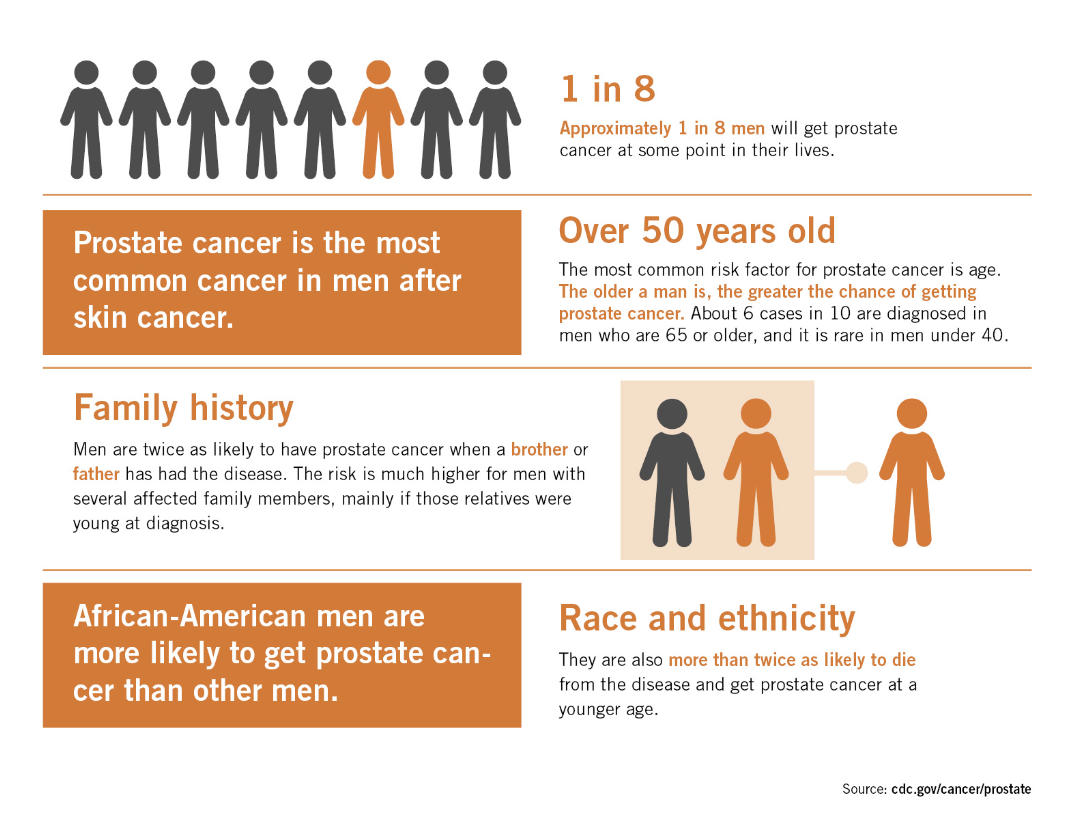September is traditionally set aside as National Prostate Cancer Awareness Month. As the month winds down, however, Trinity Health System is taking the opportunity to remind men that managing their prostate health is important all year long.
First, what are the risk factors for prostate health?
“Risk factors for prostate cancer include family history of prostate cancer in multiple generations and/or family history of early onset below the age of 55 years,” Dr. Gary Tan, urologist with Trinity Health System, said.
Although this suggests there may be an inherited or genetic factor to prostate cancer, Gretchen Heizler, Radiation Oncology Supervisor at Trinity Health System’s Tony Teramana Cancer Center, stressed that this isn’t always the case.
“Most prostate cancers occur in men without a family history of it,” Heizler said. “Still, having a father or brother with prostate cancer more than doubles a man’s risk of developing this disease.”
In fact, the risk is higher for men who have a brother with the disease than for those who have a father with it.
“And the risk is much higher for men with several affected relatives, particularly if their relatives were young when the cancer was found,” Heizler continued.
According to Tan and Heizler, race and ethnicity is another factor. Prostate cancer develops more often in African-American men and in Caribbean men of African ancestry than in men of other races, and when it does develop in these men, they tend to be younger.
Which brings to mind an obvious question: What can men do to manage their prostate health and discover any cancer early?
“Unfortunately, clinical trials have shown no links between dietary/lifestyle modifications and prostate cancer risk,” Tan said. “Men should make themselves aware of any family history of prostate cancer. They should start prostate cancer screenings as indicated and continue to be screened regularly.”
Heizler agreed, recommending the prostate-specific antigen (PSA) blood test and digital rectal exams.
“Prostate cancer is the most common cancer in men after skin cancer,” Heizler said. “It is very treatable, but it is best to catch it early to prevent spread of the disease.”
For more information on prostate cancer, please consult the following infographic:


